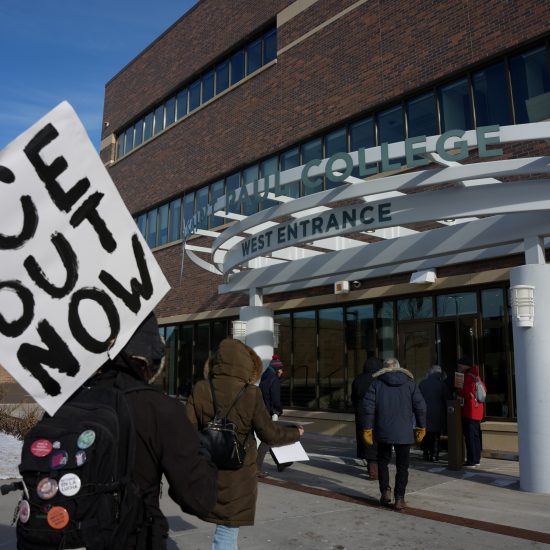Twenty-first-century Christendom is at risk of going down in history as a movement characterized by fear and hand-wringing. If so, we will not be so different from believers in the previous 20 centuries since Christ walked the earth.
Modern-day executions of Christians (and other religious people, including Muslims) by adherents of the Islamic State of Iraq and Syria and  other groups is unnerving. We wonder, sometimes aloud, if it has ever been this difficult for believers, or if the world has ever been in such poor shape spiritually.
other groups is unnerving. We wonder, sometimes aloud, if it has ever been this difficult for believers, or if the world has ever been in such poor shape spiritually.
This spirit of fear and anxiety does not characterize every Christian, of course. In fact, some who personally face the worst intimidation or physical harm are among those who appear to be the most fearless in their faith. Old-timers used to say that Christ will always have a remnant, regardless of the times, circumstances or opposition. It is still true.
Glances back through human history over the past 2,000 years and the biblical record (both Old and New Testaments) before that remind Christians of the extent of danger in previous times and God’s presence in the lives of the faithful.
We can draw strength from believers throughout history who lived distinguished Christian lives and others who were martyred because their faith mattered so much to them.
The apostles and many early followers understood the price of faithfulness and paid it with suffering and death. Stephen preached a fearless sermon when confronted by religious authorities and emulated Christ as he died by stoning at the hands of an angry mob, praying to God, “Lord, do not hold this sin against them” (Acts 7:60b).
Paul suffered abuse continually in his Christian life and, though chained in a hole that qualified as a Roman prison cell, chose not to surrender his faith. In fact, he remained energized as a Christian witness even during confinement.
In every generation of believers since, many have remained faithful to the narrow way of Christ. As Christ promised, they did so at a cost.
But the Easter event is not about courageous and faithful followers of Christ. It is about the Savior and Lord himself.
In his life and death, Christ instructed followers in how to do both. His resurrection gave us eternal hope for our here and now and for our eternal future.
The master teacher Jesus taught his chosen disciples by breathing new energy and fresh meaning into the ancient faith. He lived out the demands of the law in every relationship, often defying first-century conventional wisdom in interpreting Mosaic law.
Jesus reached out and touched the “untouchables” of his day when he raised the dead, cast demons out of the possessed, engaged a Samaritan woman and reached beyond Judaism to minister to Gentiles. His advise to his followers — then and today — was to go and do likewise.
During this season of the year, we very much have the death and resurrection of Christ on our minds. Unlike modern-day movie characters, Jesus did not die with a defiant sneer on his face as he glared at those who took his life.
Christ taught how to forgive his own executioners with his last breath. In fact, Scripture says he gave his life willingly for the benefit of others — in his case, for the sins of the world and thus for every person in the world, including his executioners.
At our best, each of us seeks to live like Christ and to die with mercy and grace on her or his tongue. Once-for-all faith robs death of its sting because of Christ.
Christ’s sacrificial death was not the end for him. The assurance believers draw from it is that death is not the end for those who die in Christ either.
Hope for his followers returned in the resurrection of Jesus.
As a result, followers live in the hope of resurrection themselves.
Like Christ, believers want to connect others with God through his Son, so they in turn can live in the power of God’s Spirit for eternity. They strive to be people whose lives are so true to Christ that even in the most difficult moments of life — even death itself — they testify to the love, power and faithfulness of God.
During Easter time, we are reminded that fear is not a fitting state of mind for the believer. We have no reason to lack confidence in the work of God through his Son and in the power of his Spirit.
As Paul so rightly reminded and encouraged the faithful, “If God is for us, who can be against us” (Romans 8:31b). Resurrection power confirms it and empowers us.
Thank God for Easter.
Bill Webb is editor of Word & Way.






